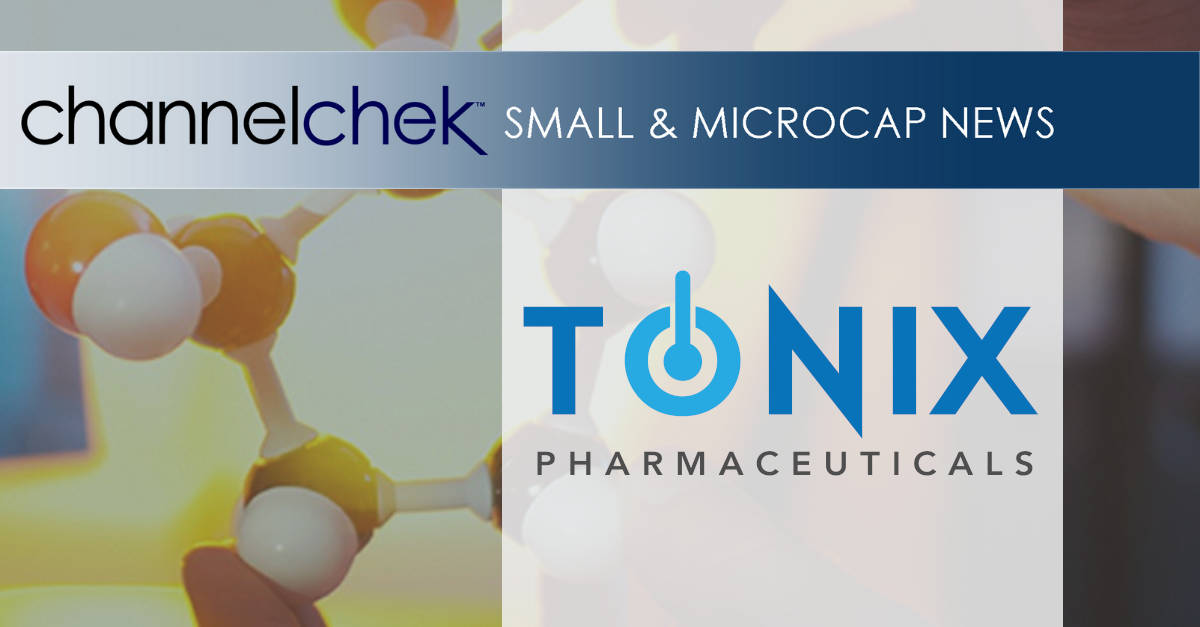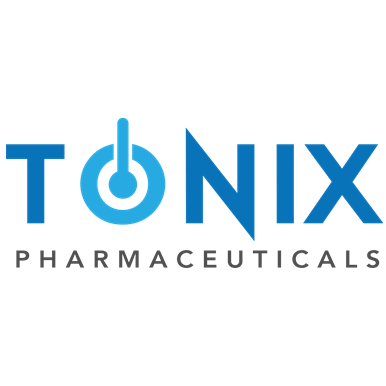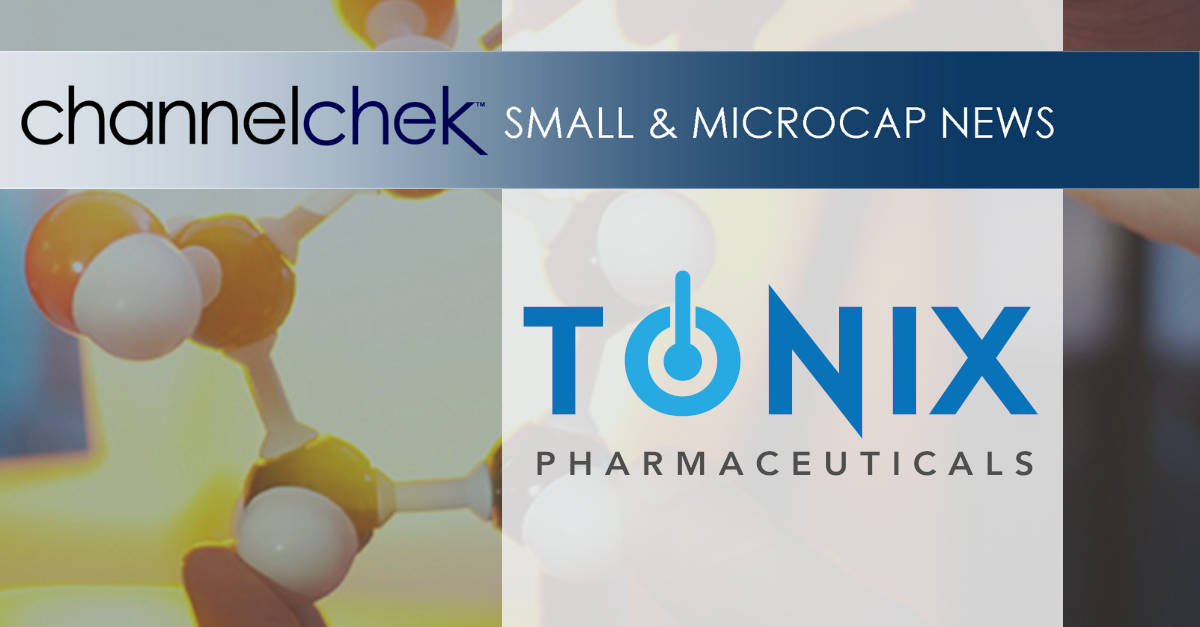
Research News and Market Data on ONTX
Oct 12, 2023
Reporting responses in patients with RDEB-associated SCC, a devastating disease with a significant unmet need
NEWTOWN, Pa., Oct. 12, 2023 (GLOBE NEWSWIRE) — (GLOBE NEWSWIRE) — Onconova Therapeutics, Inc. (NASDAQ: ONTX), (“Onconova”, the “Company”), a clinical-stage biopharmaceutical company focused on discovering and developing novel products for patients with cancer, today announced that a late-breaking abstract studying rigosertib in patients with recessive dystrophic epidermolysis bullosa (RDEB), associated with advanced/metastatic squamous cell carcinoma (SCC), will be presented today in the Late Breaking News session at the European Academy of Dermatology and Venereology (EADV) in Berlin, Germany, by Professor Dr. Johann Bauer, from the University Hospital Salzburg, Dermatology and Allergology of the PMU, Salzburg, Austria, an Investigator on the investigator-led study (IST).
“RDEB-associated SCC is a devastating disease with few if any treatment options for advanced patients. We are very pleased for additional data on the potential use of rigosertib in patients with RDEB-associated SCC to be presented as a ‘late breaker’ at EADV 2023,” said Steven Fruchtman, M.D., President and CEO of Onconova. “We believe that rigosertib’s profile and impact on key cell signaling pathway targets, including PLK-1 kinase, could make rigosertib a very attractive approach for this indication and other cancers. We are employing an “investigator-sponsored trial” strategy to evaluate rigosertib and believe the data that are being presented at EADV 2023 highlight the potential clinical utility of the compound.”
Professor Bauer commented, “I have been working with patients and their families affected by RDEB and the devastating sequalae of squamous cell carcinoma. I am pleased to share the initial encouraging patient experience with rigosertib at this conference. We are keen to further enroll other potential patients on this study.”
Presentation Details
| Date: | Thursday, October 12, 2023 |
| Time: | 4:00 to 4:15 p.m. in Germany/10:00 to 10:15 a.m. ET |
| Abstract Title: | Efficacy and Safety of Rigosertib in Patients with Recessive Dystrophic Epidermolysis Bullosa (RDEB) Associated Advanced/Metastatic Squamous Cell Carcinoma (SCC) |
| Presenter: | Prof. Dr. Johann Bauer, M.D., MBA |
| Session: | D2T01.3: Late breaking news |
Abstract Details
The abstract outlines promising results from an open-label, single arm safety and efficacy study of four patients with recessive dystrophic epidermolysis bullosa (RDEB) associated advanced/metastatic squamous cell carcinoma (SCC) treated with intravenous/IV or oral rigosertib. Two patients achieved complete cutaneous responses of 12 months or more, one patient experienced metastatic disease progression, and one patient remains on study. Responding patients included one patient who achieved both cutaneous and histological remission of 16 months. The patient’s rigosertib dose was reduced following the report of a grade 2 adverse event (irritative cystitis), which led to symptomatic relief. The other responding patient achieved a complete cutaneous remission and completed the protocol-specified 12-months of therapy. The authors suggest that the preliminary study results indicate rigosertib as a potential treatment for RDEB-associated SCC. Additional patients are being sought for the trial.
A copy of the Abstract will be available on the Scientific Presentations section of the Onconova website following the Presentation.
About Onconova Therapeutics, Inc.
Onconova Therapeutics is a clinical-stage biopharmaceutical company focused on discovering and developing novel products for patients with cancer. The Company’s product candidates, narazaciclib and rigosertib, are proprietary, targeted anti-cancer agents designed to disrupt specific cellular pathways that are important for cancer cell proliferation.
Narazaciclib, Onconova’s novel, multi-kinase inhibitor (formerly ON 123300), is being evaluated in a Phase 1/2 combination trial with the estrogen blocker letrozole, in advanced endometrial cancer (NCT05705505). Based on preclinical and clinical studies of CDK 4/6 inhibitors, Onconova believes narazaciclib has broad potential and is also evaluating opportunities for combination studies with narazaciclib and letrozole in additional indications, including breast cancer.
Rigosertib is being studied in an investigator-sponsored trial strategy to evaluate the product candidate in multiple indications, including a dose-escalation and expansion Phase 1/2a study of oral rigosertib in combination with nivolumab in patients with KRAS+ non-small cell lung cancer (NCT04263090), a Phase 2 program evaluating oral or IV rigosertib monotherapy in advanced squamous cell carcinoma complicating recessive dystrophic epidermolysis bullosa (RDEB-associated SCC) (NCT03786237, NCT04177498), and a Phase 2 trial evaluating rigosertib in combination with pembrolizumab in patients with metastatic melanoma (NCT05764395).
For more information, please visit www.onconova.com.
Forward Looking Statements
Some of the statements in this release are forward-looking statements within the meaning of Section 27A of the Securities Act of 1933, as amended, Section 21E of the Securities Exchange Act of 1934, as amended, and the Private Securities Litigation Reform Act of 1995, and involve risks and uncertainties. These statements relate to Onconova’s expectations regarding its clinical development and trials, its product candidates, its business and financial position. Onconova has attempted to identify forward-looking statements by terminology including “believes,” “estimates,” “anticipates,” “expects,” “plans,” “intends,” “may,” “could,” “might,” “will,” “should,” “preliminary,” “encouraging,” “approximately” or other words that convey uncertainty of future events or outcomes. Although Onconova believes that the expectations reflected in such forward-looking statements are reasonable as of the date made, expectations may prove to have been materially different from the results expressed or implied by such forward looking statements. These statements are only predictions and involve known and unknown risks, uncertainties, and other factors, including the success and timing of Onconova’s clinical trials, investigator-initiated trials and regulatory agency and institutional review board approvals of protocols, Onconova’s collaborations, market conditions and those discussed under the heading “Risk Factors” in Onconova’s most recent Annual Report on Form 10-K and quarterly reports on Form 10-Q. Any forward-looking statements contained in this release speak only as of its date. Onconova undertakes no obligation to update any forward-looking statements contained in this release to reflect events or circumstances occurring after its date or to reflect the occurrence of unanticipated events.
Company Contact:
Mark Guerin
Onconova Therapeutics, Inc.
267-759-3680
ir@onconova.us
https://www.onconova.com/contact/
Investor Contact:
Bruce Mackle
LifeSci Advisors, LLC
646-889-1200
bmackle@lifesciadvisors.com














